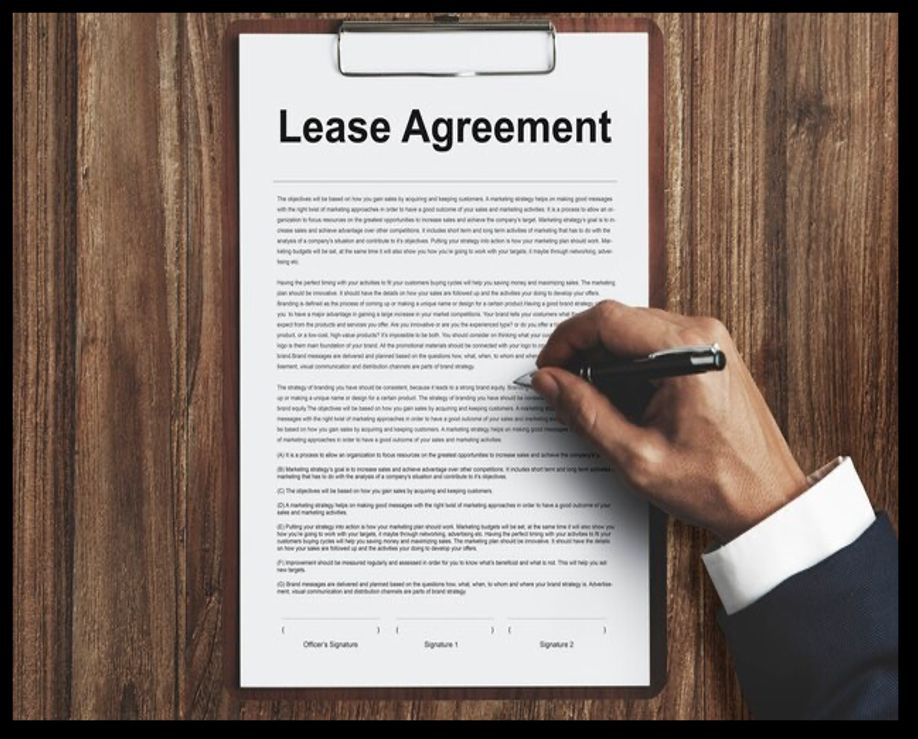Are you thinking about buying land? That’s an exciting adventure. Whether you want to build your dream home, start a farm, or make a smart investment, knowing how to navigate the land-buying process is super important.
Don’t worry.I’m here to help you every step of the way. Let’s plunge into the key steps to make your land purchase smooth and successful!
Determine Your Purpose for Buying Land
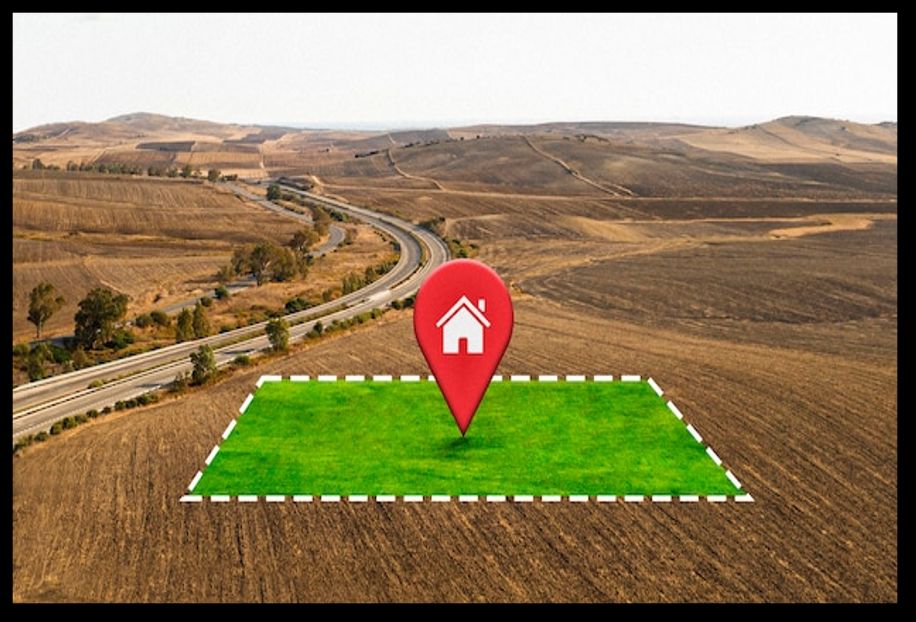
First things first, let’s think about why you want to buy land. Are you looking for a peaceful spot to build a home? Or maybe you want land for farming or to invest in your future?
Knowing your purpose helps you focus on the right location analysis. The clearer you are about what you want, the easier it will be to find the perfect piece of land!
Research Zoning Regulations
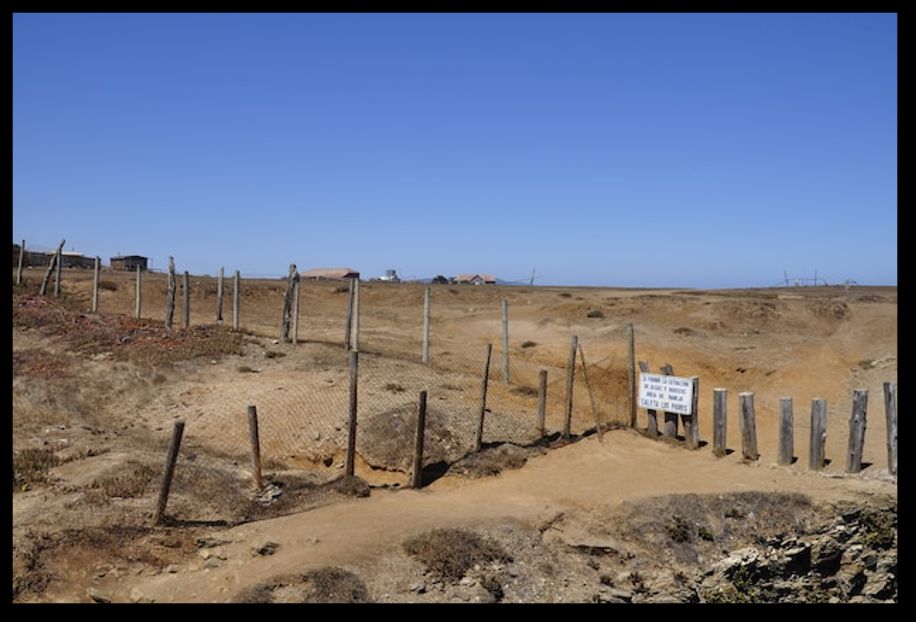
Next, we need to look at zoning regulations. These are rules that tell you what you can and cannot do with the land.
For example, some areas are meant for homes, while others might be for businesses or farms. Checking these regulations is super important so you won’t face any surprises later on.
Explore Financing Options
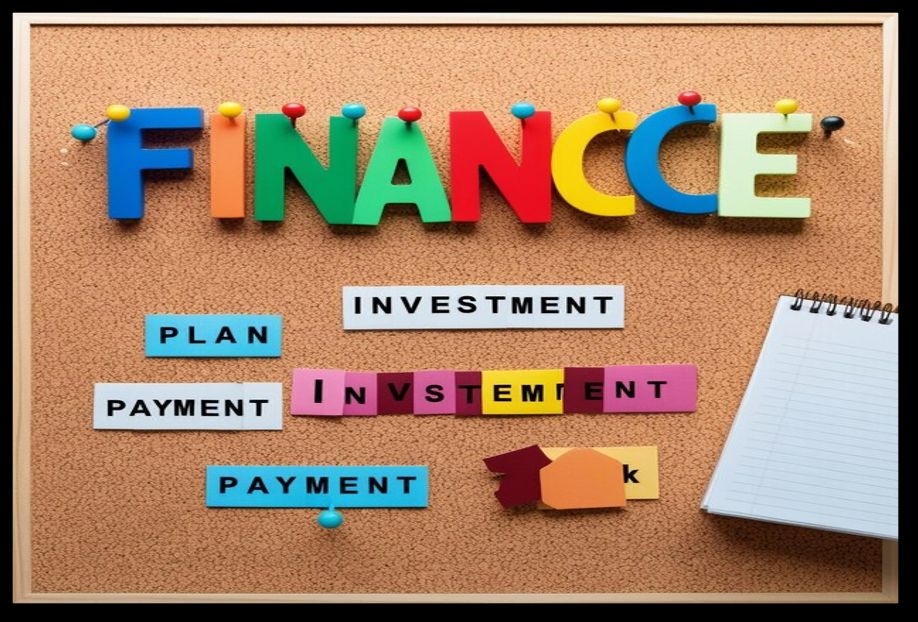
Now, let’s chat about land financing options. Buying land is a bit different from buying a house. You can pay cash, but many people take out loans.
There are different options depending on whether you are buying raw land vs. developed land. Knowing what financing options are available will help you choose the best way to pay for your new property.
Conduct a Land Survey
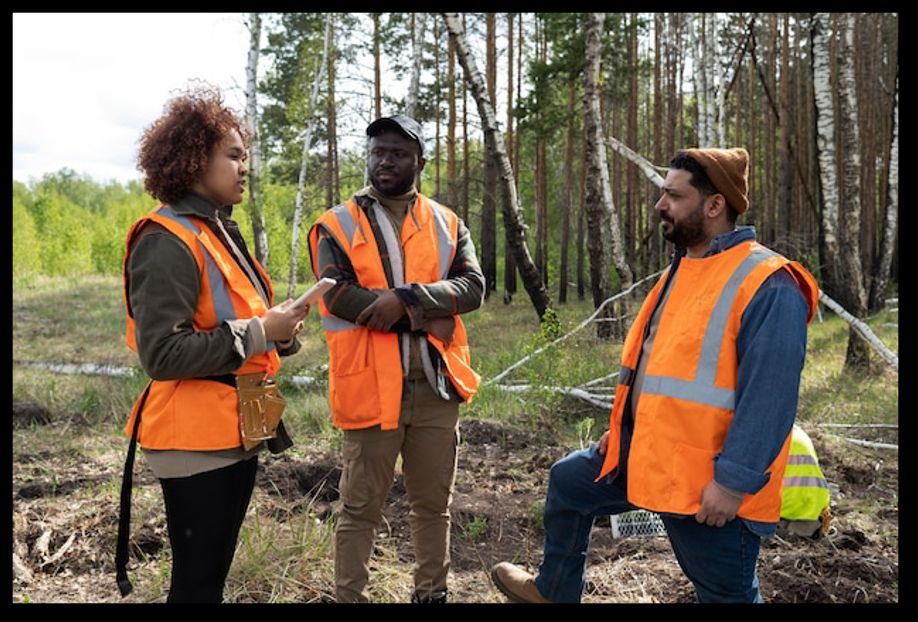
Once you find land you love, getting a land survey is a must.A survey shows you exactly where your property lines are.
This is important because it helps avoid arguments with neighbors about where your land ends and theirs begins. Having clear boundaries will give you peace of mind.
Perform Due Diligence

Doing your homework is key. This is called due diligence. It means checking for any issues with the land, like liens or easements.
A title search is an important part of this process. It makes sure the seller really owns the land. You want to avoid any surprises that could cause trouble down the line.
Get Environmental Assessments

Sometimes, land can have special concerns, like wetlands or contamination. That’s why it’s important to get environmental assessments. These checks will help you understand if the land has any problems that could affect your plans. Knowledge is power, and knowing the condition of the land will help you make better choices.
Assess Utilities and Access
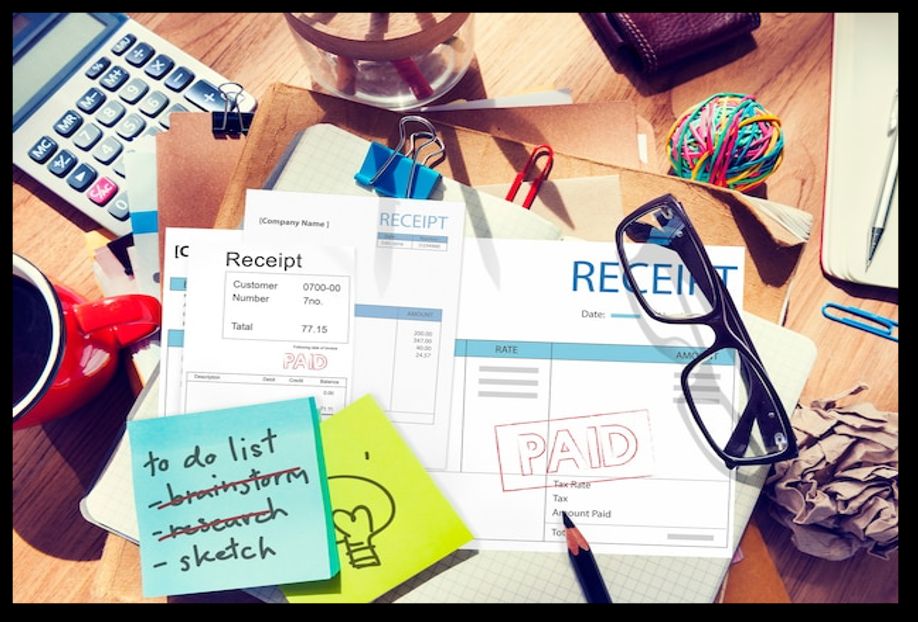
Next, check for access to utilities like water and electricity. Having these essentials is super important if you plan to build or use the land. If there’s no easy access to utilities, it can complicate your plans and affect the land’s development potential.
Work with a Real Estate Agent

Consider teaming up with a knowledgeable real estate agent who specializes in land purchases. They can help you navigate the process and find the perfect piece of land for your needs. A good agent will understand the local market and guide you every step of the way.
Use a Land Purchase Checklist
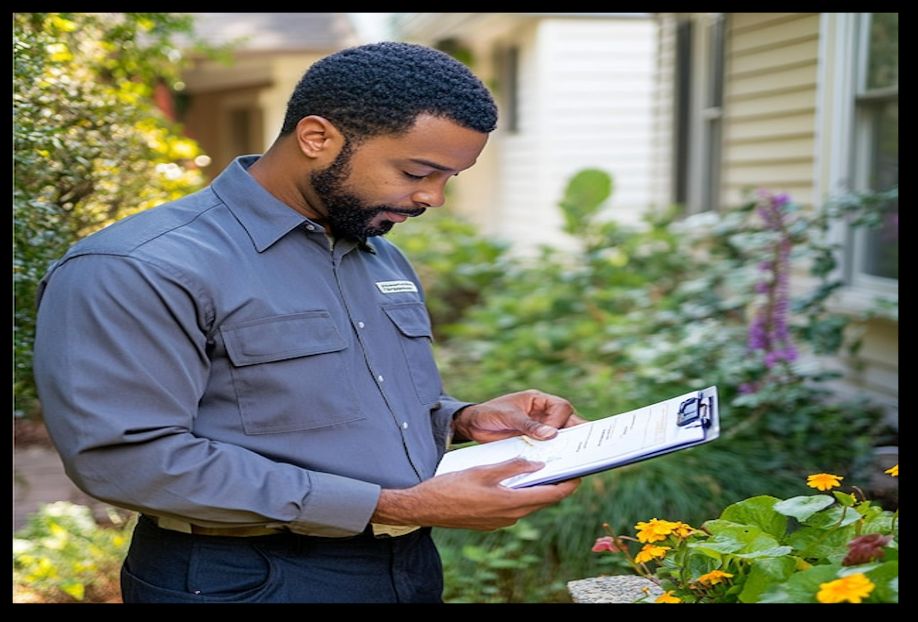
Finally, creating a land purchase checklist can keep you organized. Write down the key steps you need to follow for a successful purchase. This way, you won’t miss anything important as you move forward.


